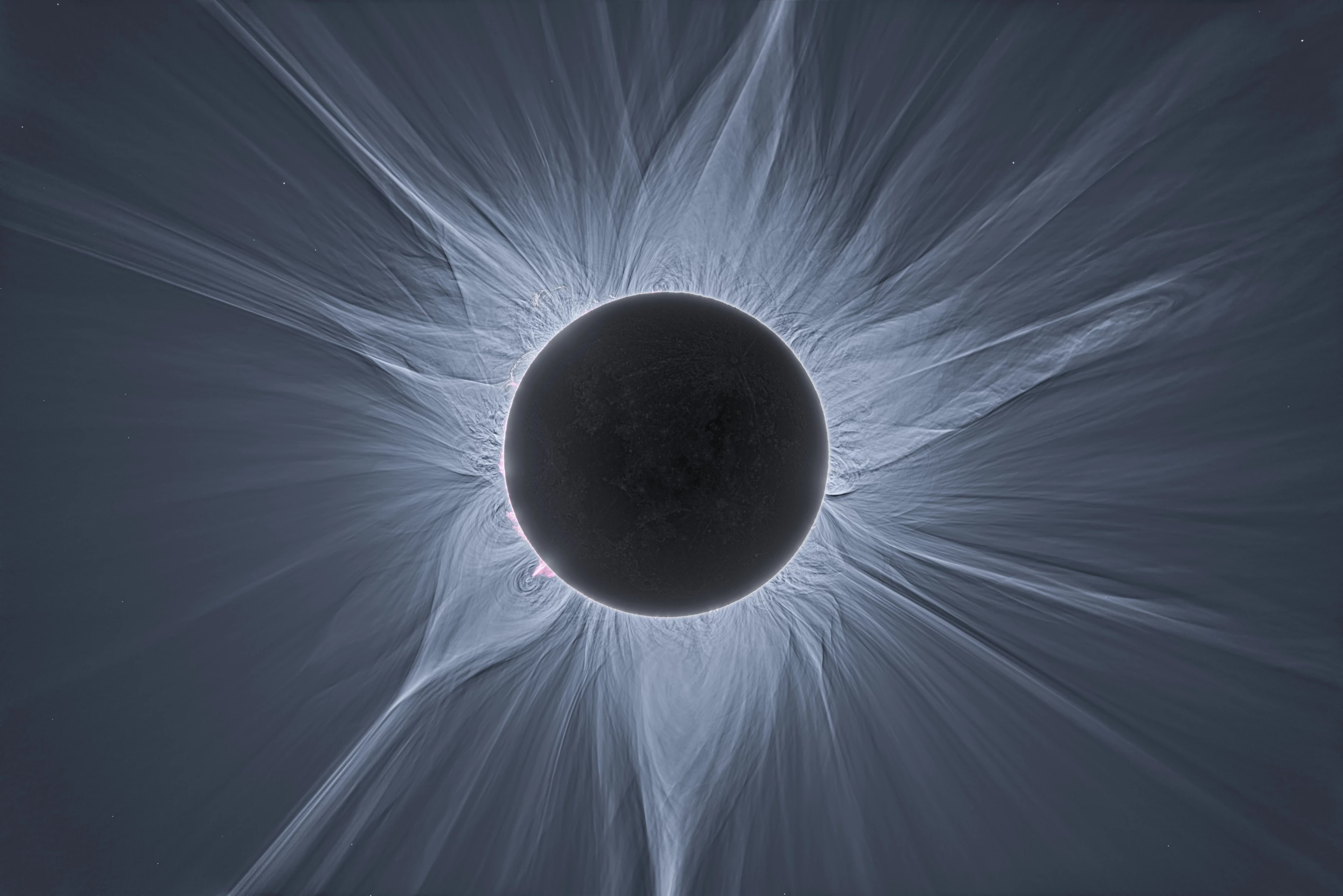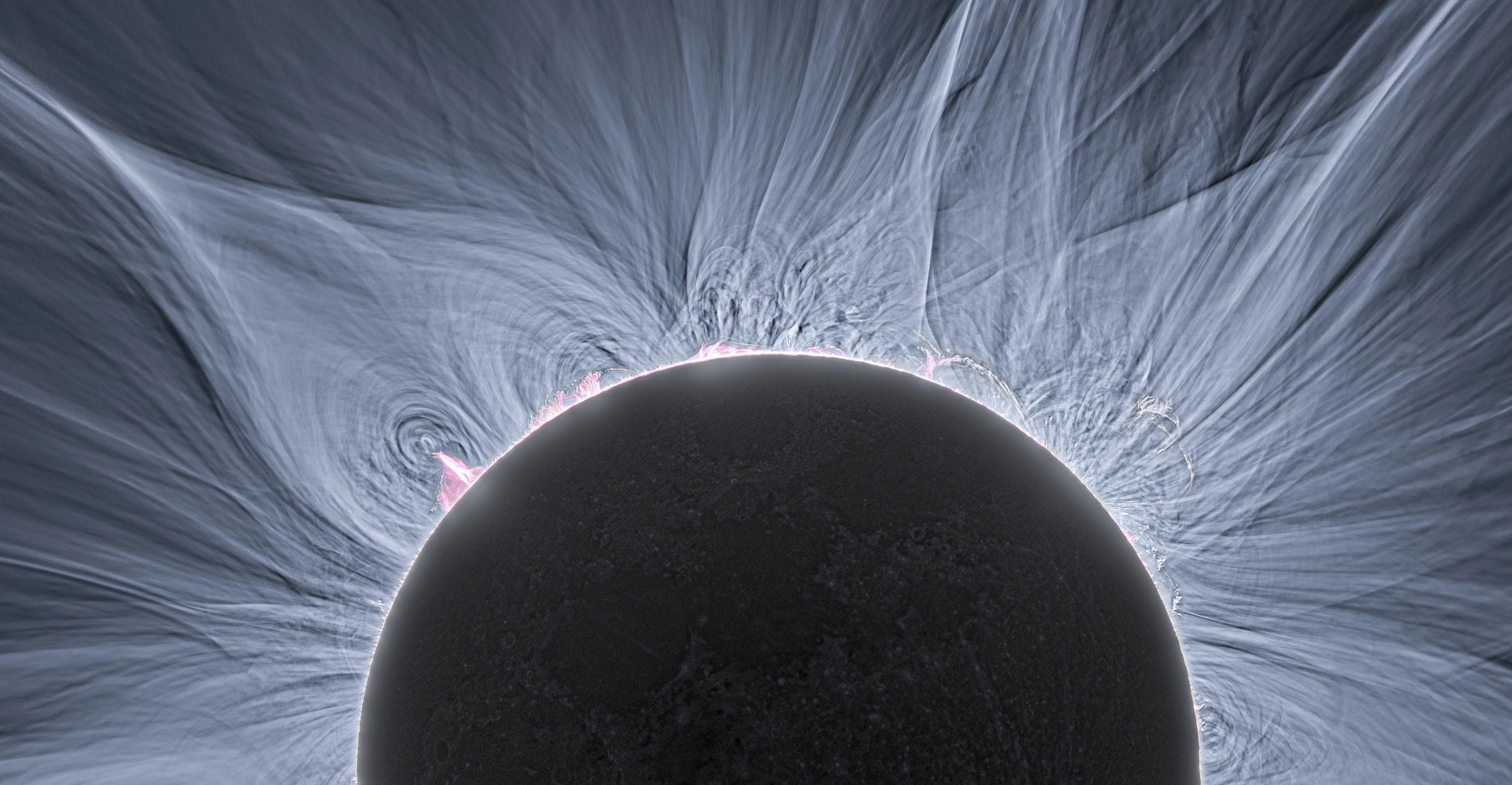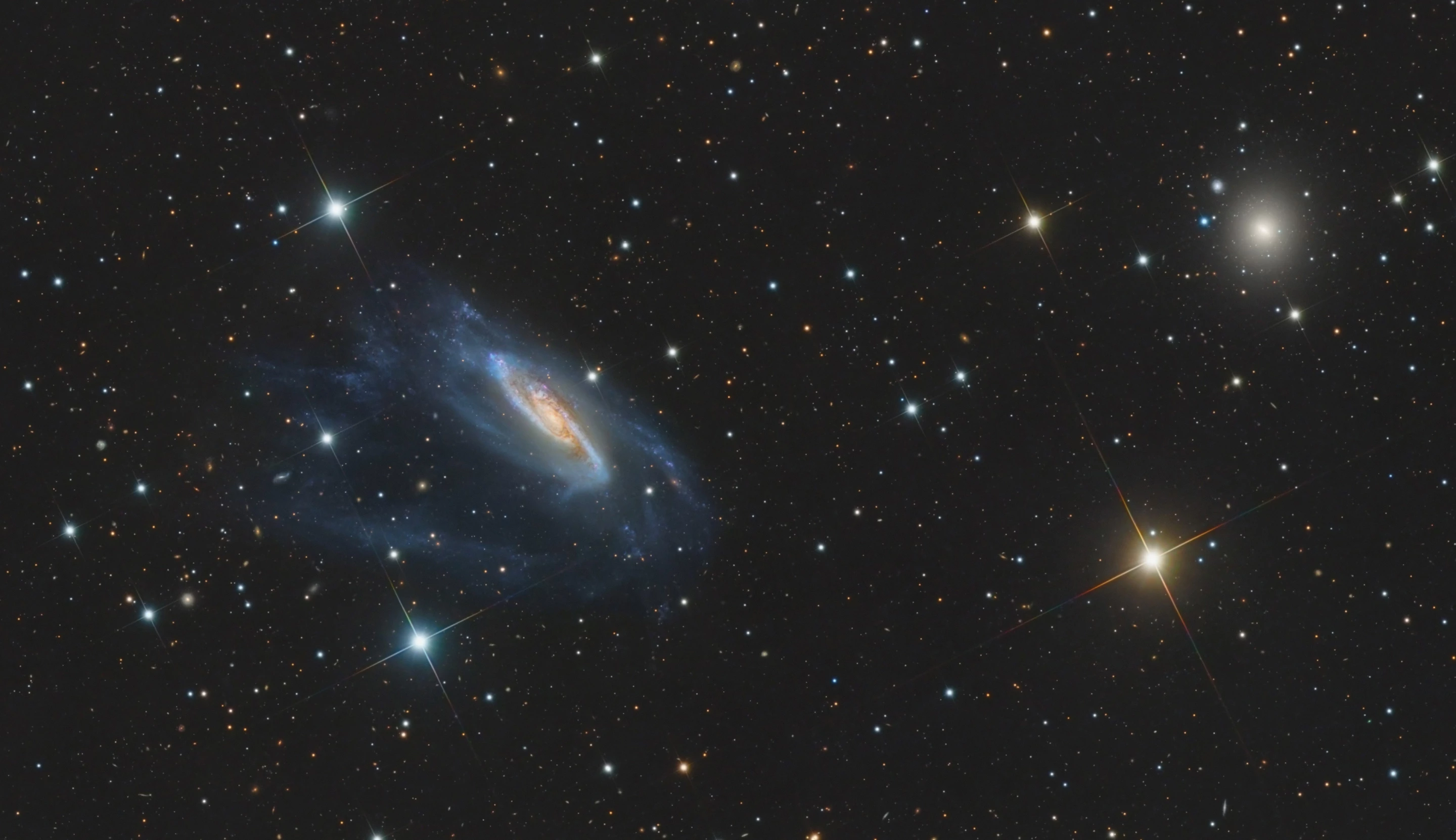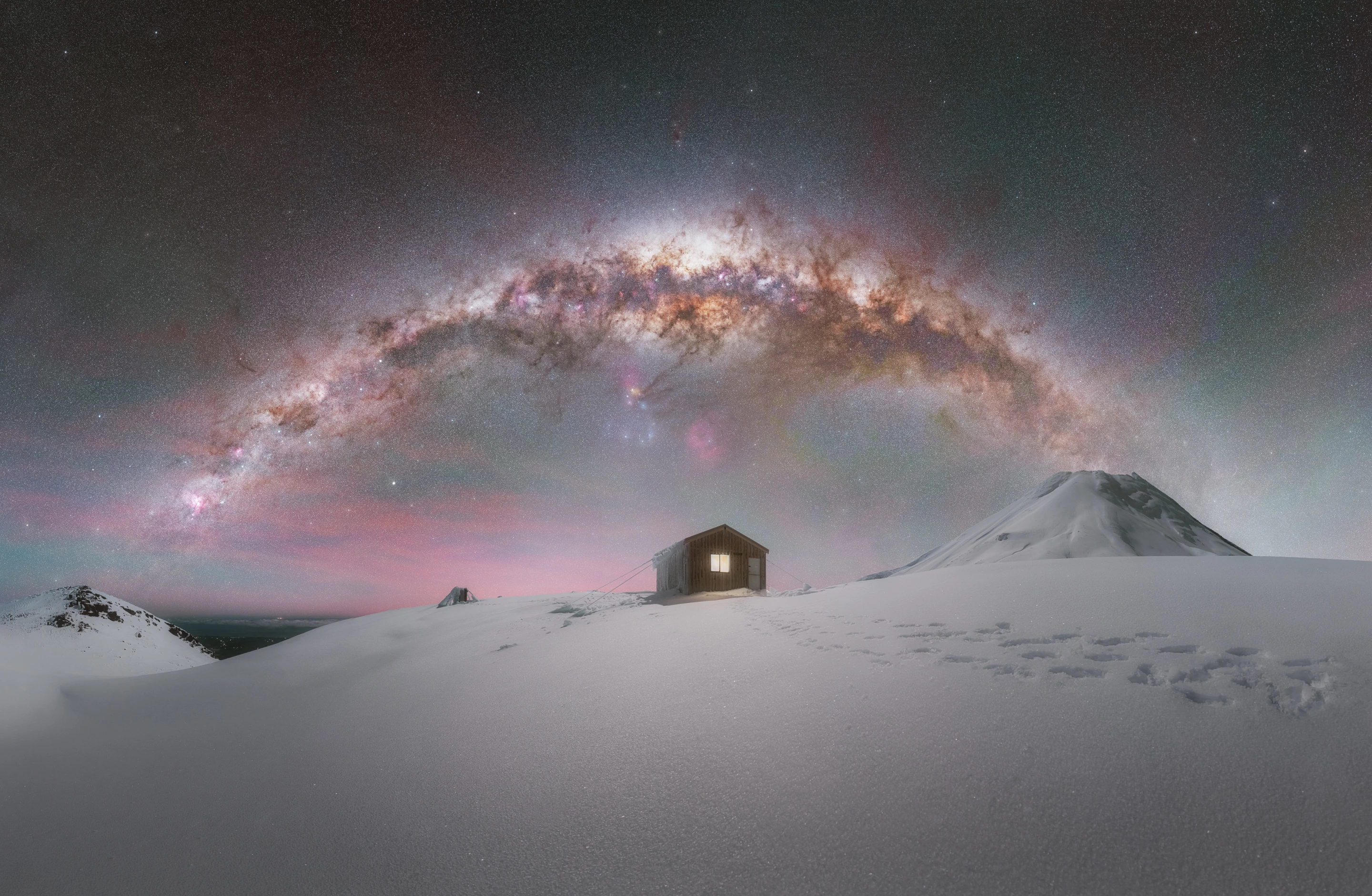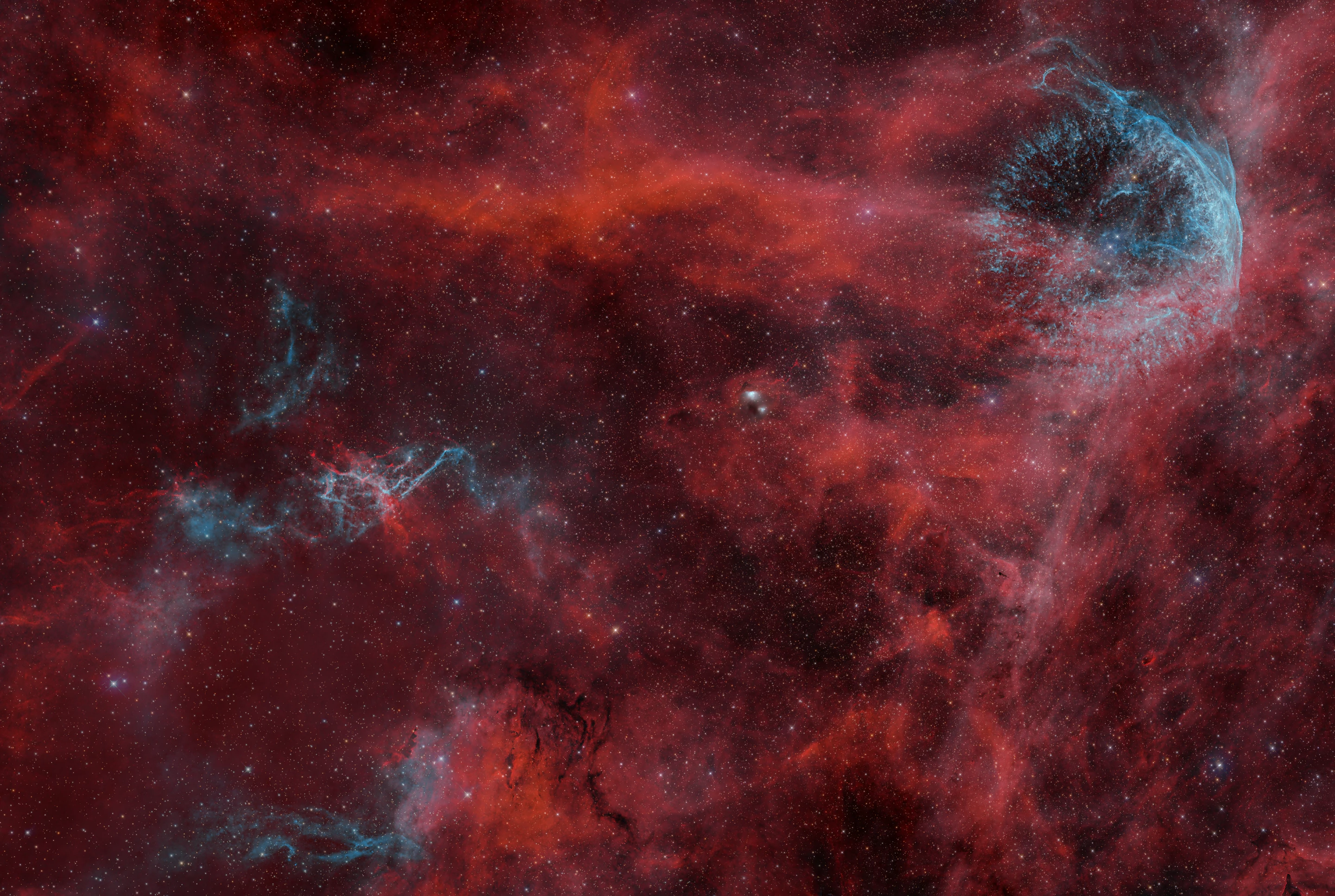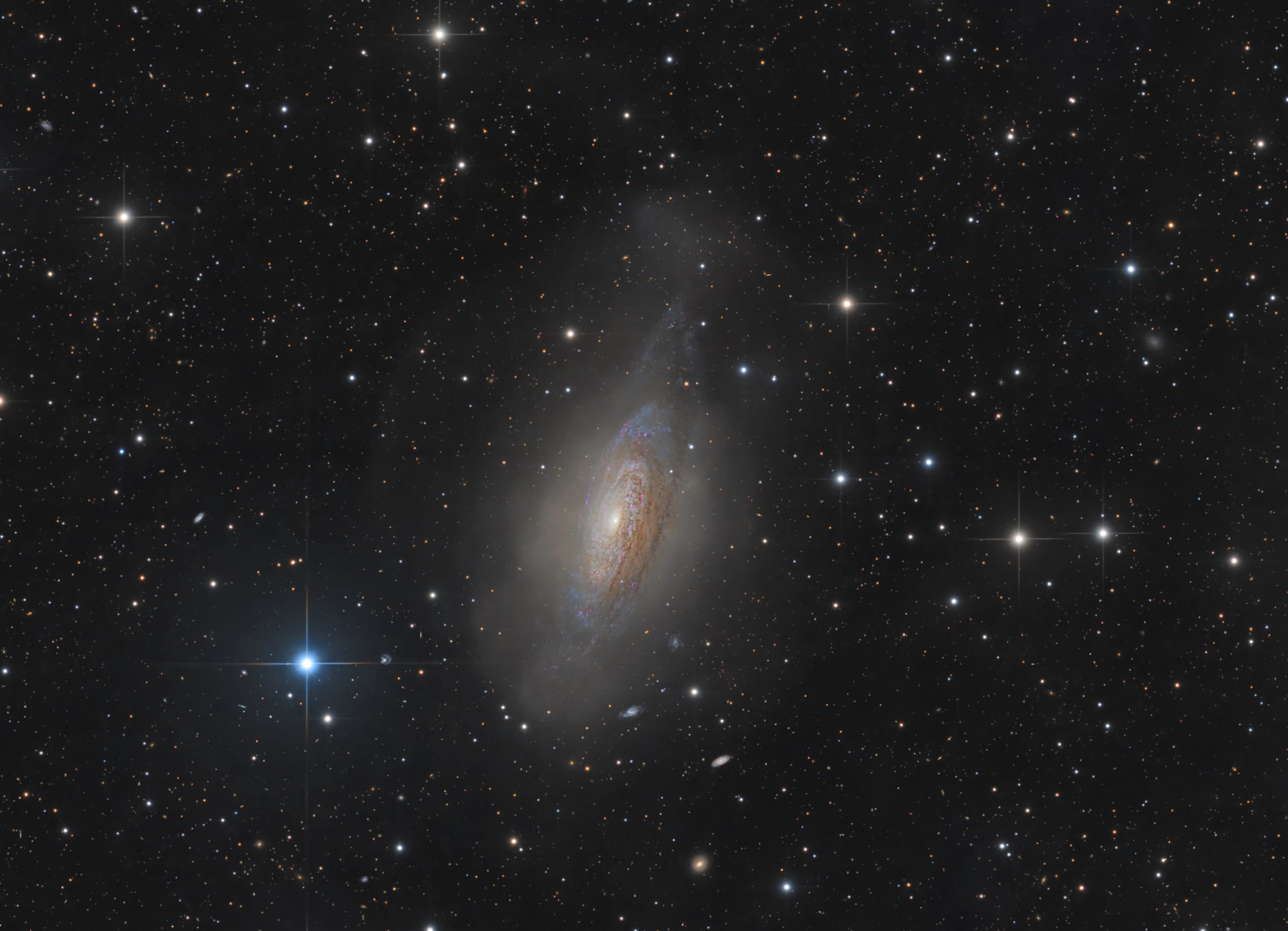Earth can only hold so many photography subjects – but the universe is basically infinite, and so is its beauty. The Astrophotography Prize is a relatively new international competition that celebrates this art, and this year’s winners have been unveiled.
Now in its second year, the AstroPrize attracted hundreds of entries from all over the world. Submissions are made into four main categories: Deep Space, Solar System, Astro Landscape and Remote Imaging, with an overall winner for Astrophotographer of the Year also awarded.
This year that honor went to Australian photographer Phil Hart, for his stunning image of the Sun’s corona during a solar eclipse over Exmouth, Western Australia, last year. The shot captures the streams of charged particles radiating off the Sun, which aren’t normally visible because the brightness of the Sun itself washes them out. Only during an eclipse do they become briefly visible.

“This looks to me like a sunflower in the Exmouth sky,” Hart said in a statement. “Delicate streamers of the solar corona loop over the top of the swirling prominences.”
Entrants are judged in a unique way. First, three specialist astrophotographers give each image a score out of 100. Then, the top 25 images from each category go to a special second round, where five astrophotographers award points in a YouTube livestream, for transparency. From this, a winner and two runners up are awarded in each category, as well as an overall winner.
“This year’s competition featured some of the most impressive astrophotography we’ve ever seen,” said Dr. Tanya Hill, one of the judges. “Phil Hart’s image was a masterclass in technique, creativity, and dedication, showcasing faint lunar details alongside the petal-like streams of the solar corona.”
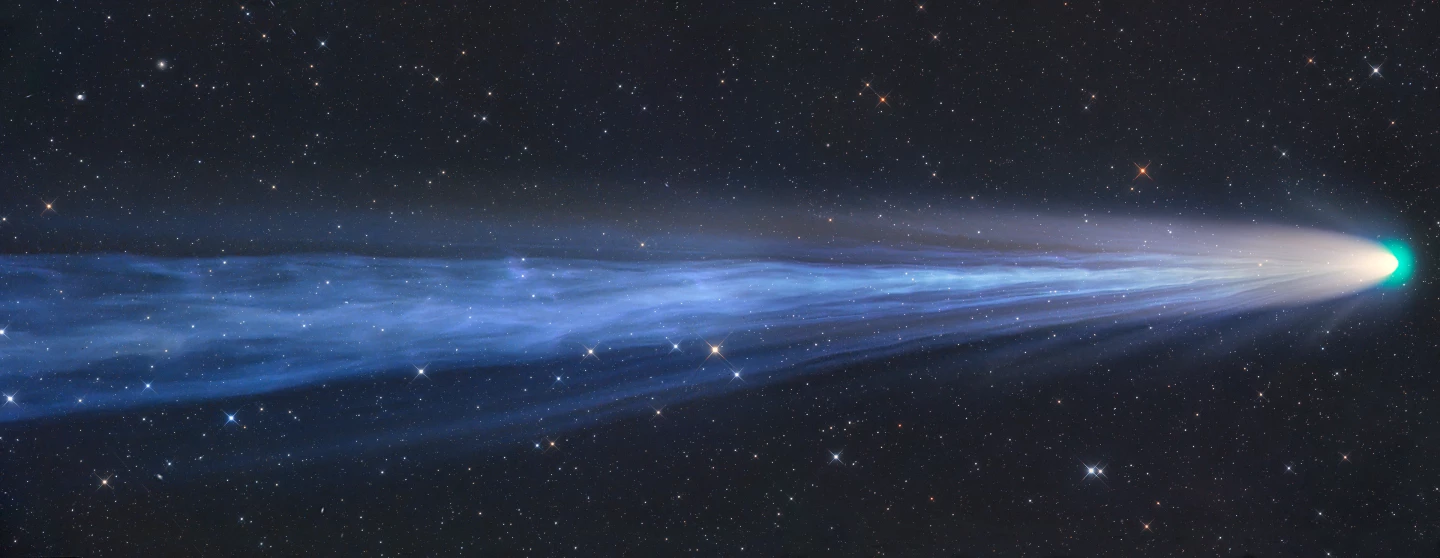
Among the other highlights is a dramatic shot of Comet C/2021A1 Leonard. Snapped from Namibia by Gerald Rhemann, this image captures one of the most impressive comets in recent years, just a few months before it disintegrated.
Check out the rest of the winners and runners up in our gallery, and to browse the full list of honorary mentions, check out the competition’s website.
Source: Astrophotography Prize

